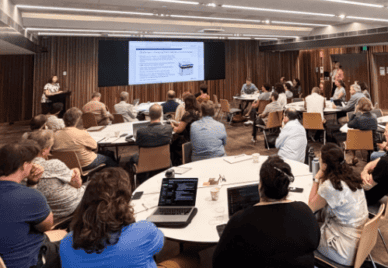
Workshop Addresses Wildlife Camera Trap, Ecoacoustic and Drone Data Challenges
Exploreabout Workshop Addresses Wildlife Camera Trap, Ecoacoustic and Drone Data Challenges
In early June 2023, over 80 participants from industry, government and research came together in Perth / Whadjuk Noongar Country to discuss building a trusted and reliable supply chain for environmental data and information in Australia. The workshop was co-hosted by the ARDC, the Western Australian Biodiversity Science Institute (WABSI) and the Western Australian Marine Science Institution (WAMSI).
Trusted data and information supply chains are vital for research and evidence-based decision making. The Independent Review of the Environment Protection and Biodiversity Conservation Act highlighted the need for an effective ‘supply chain’ of environmental information. Data and information are delivered through a series of processes that convert raw data, through curation and analysis, into end products that can be used – by researchers to understand the environment, and by decision-makers to inform their decisions. As with more traditional supply chains, each function can be provided by a different party, and coordination is needed for an efficient chain that delivers the right products at the right time to the right customers. A trusted data and information supply chain means having an effective system of data-sharing agreements and information systems that can talk with each other.
A trusted data and information supply chain is a powerful concept. It can align the endeavours of many organisations to a common national cause including:
That’s why trusted data and information supply chains are one of the key data challenges being addressed by the ARDC’s Planet Research Data Commons, a national-scale data infrastructure for earth and environmental science research and decision making.
The event saw over 80 attendees from universities, Rio Tinto, BHP, Amazon, Microsoft, Google, cooperative research centres, the Australian, Western Australian and South Australian governments, and national research infrastructure facilities participate.
The 2 day event began with a Forum where leaders from government, private sector, research infrastructure and research spoke about why trusted data and information supply chains are critical for their sectors. This was followed by a Q&A session with an expert panel, on the actions needed now to enable these supply chains.
The second day was a workshop that dove into the challenges and opportunities of the capabilities that make up the ‘links’ of the supply chain. The workshop was structured around the recently revised Shared Analytic Framework for the Environment (SAFE 2.0) Guide, which provides a common language to describe the capabilities and their interdependencies.
Among the challenges noted by participants in establishing trusted environmental data and information supply chains were the different organisational cultures between research, industry and government, and the difficulties working across jurisdictional systems and protocols.
These challenges highlight the need for creating appropriate incentives for data sharing, implementing data standards, promoting collaboration between the sectors, and establishing mechanisms to identify and accredit trusted data, models and providers.
Speakers included:
A report on the workshop is being prepared. A task force is being formed to agree on an inclusive process to define and map an environmental information supply chain, by October 2023; and scope pilot collaborative industry-research-government approaches to building a supply chain in a region of Western Australia (e.g. Pilbara).
The ARDC will be at the ESA 2023 from 3 to 7 July. Visit us at our booth.
Learn more about the Planet Research Data Commons, and stay up to date by registering your interest.
Here are some photos from the event (credit: ARDC / James Campbell):
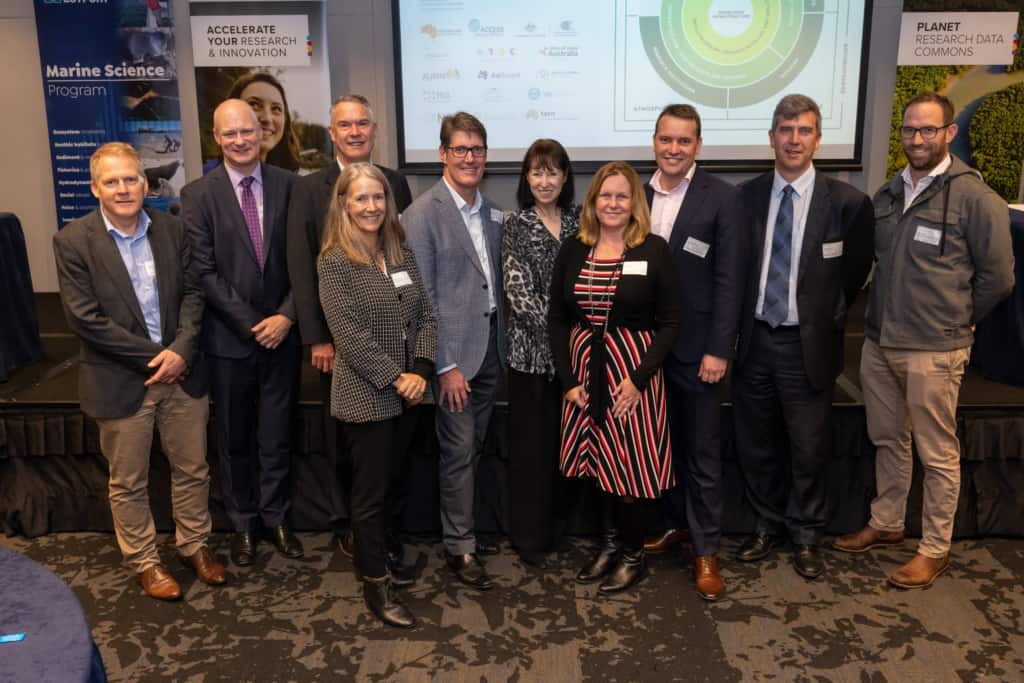
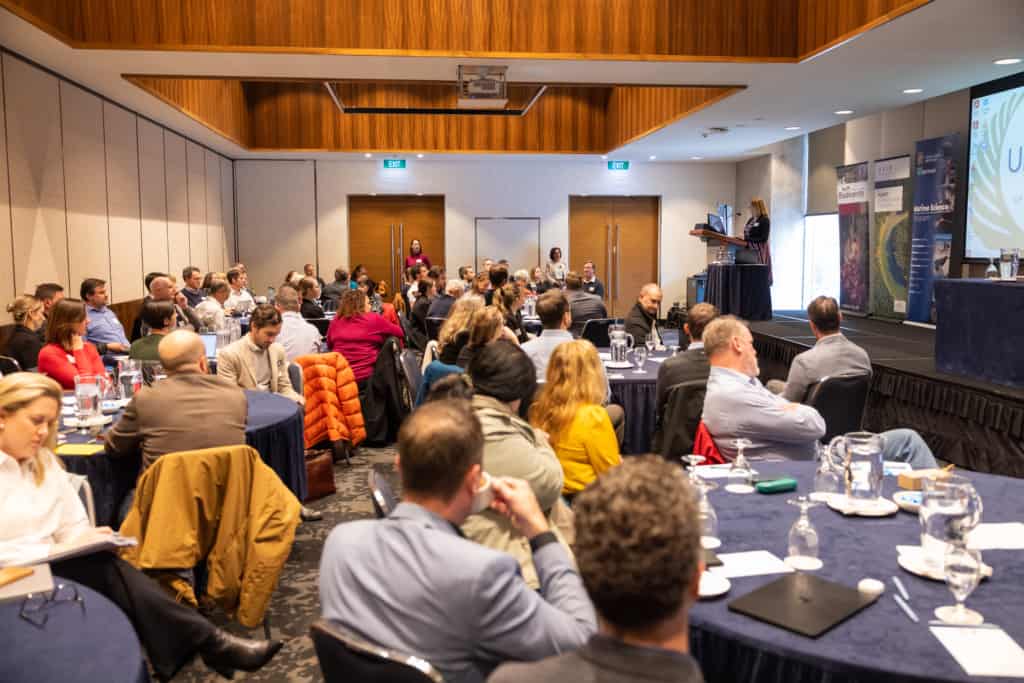
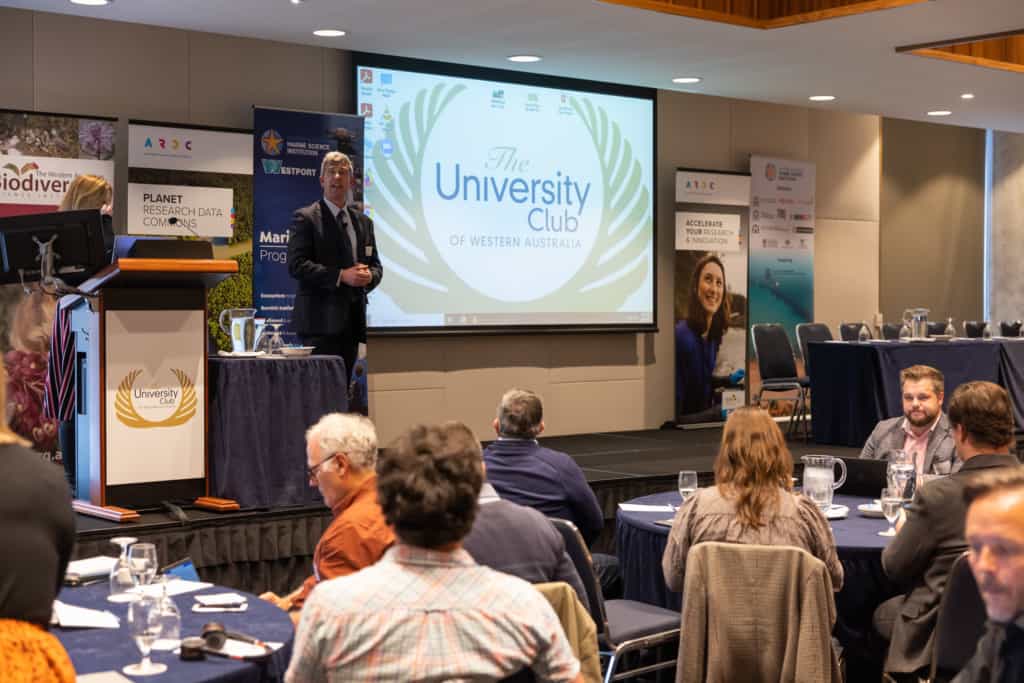
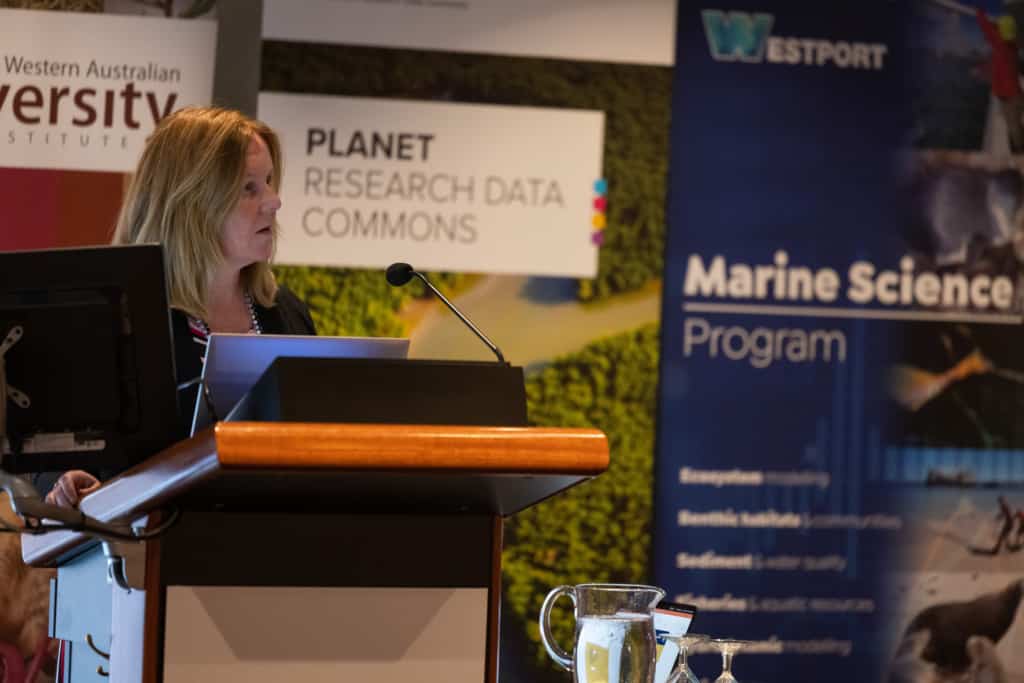
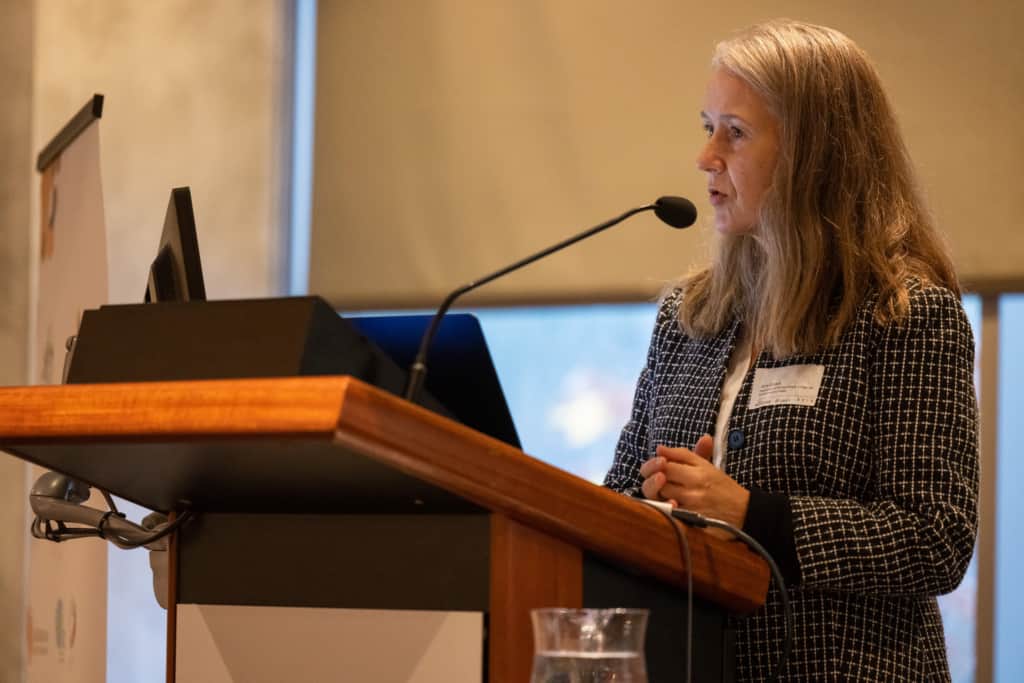
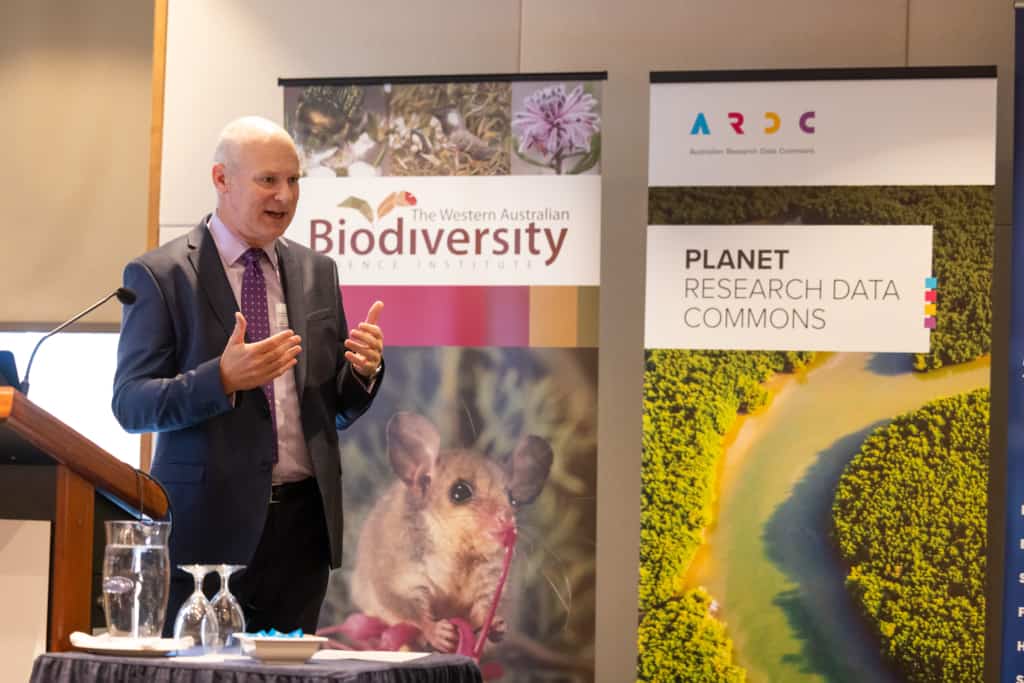
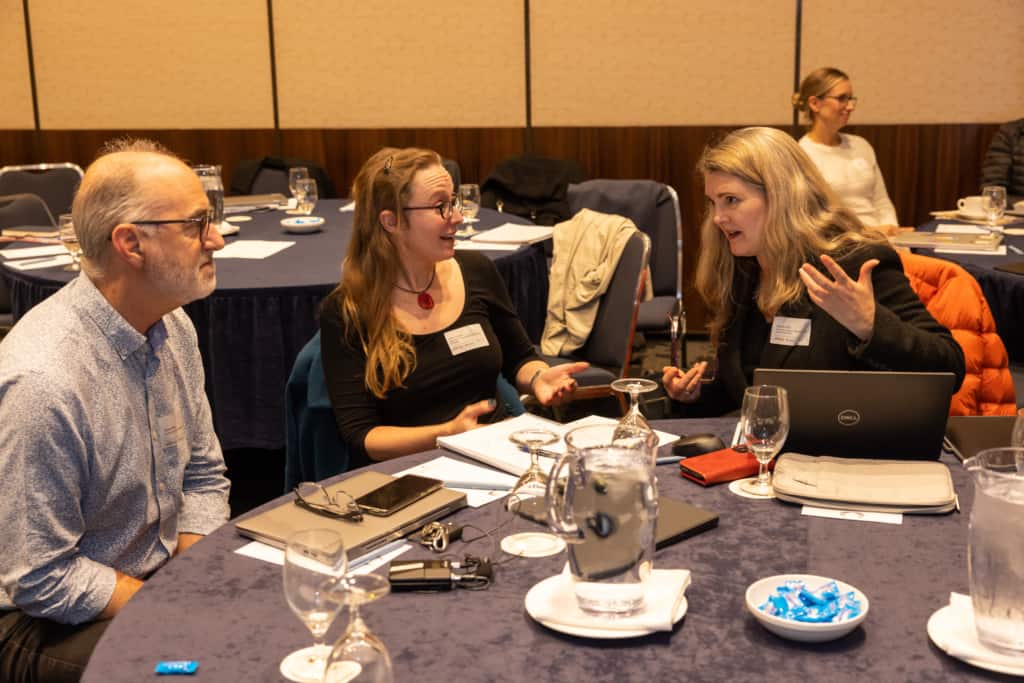
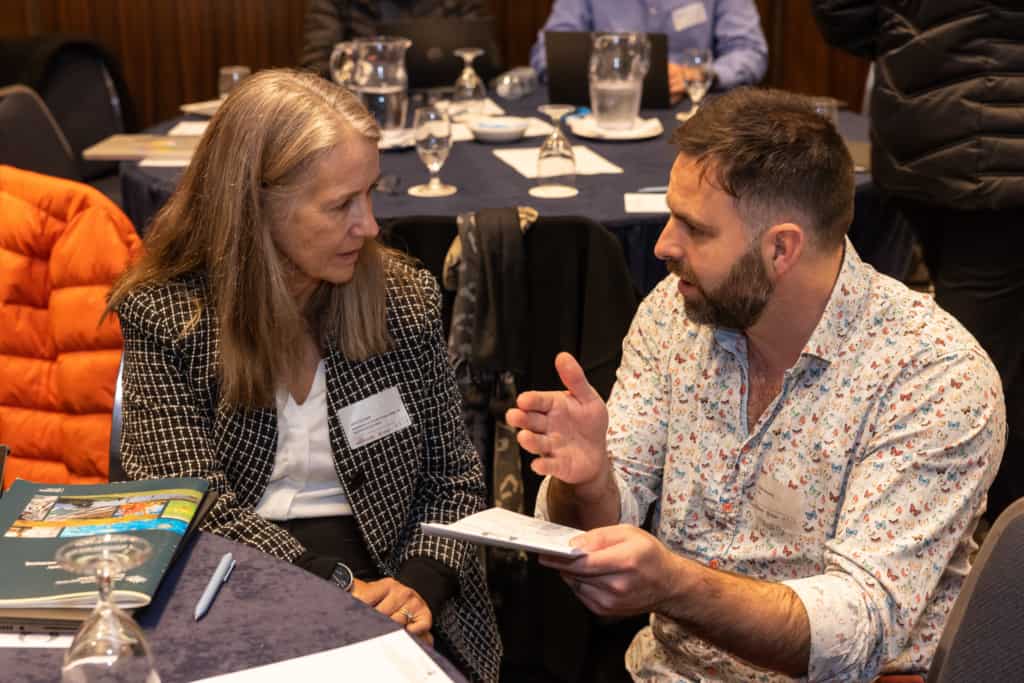
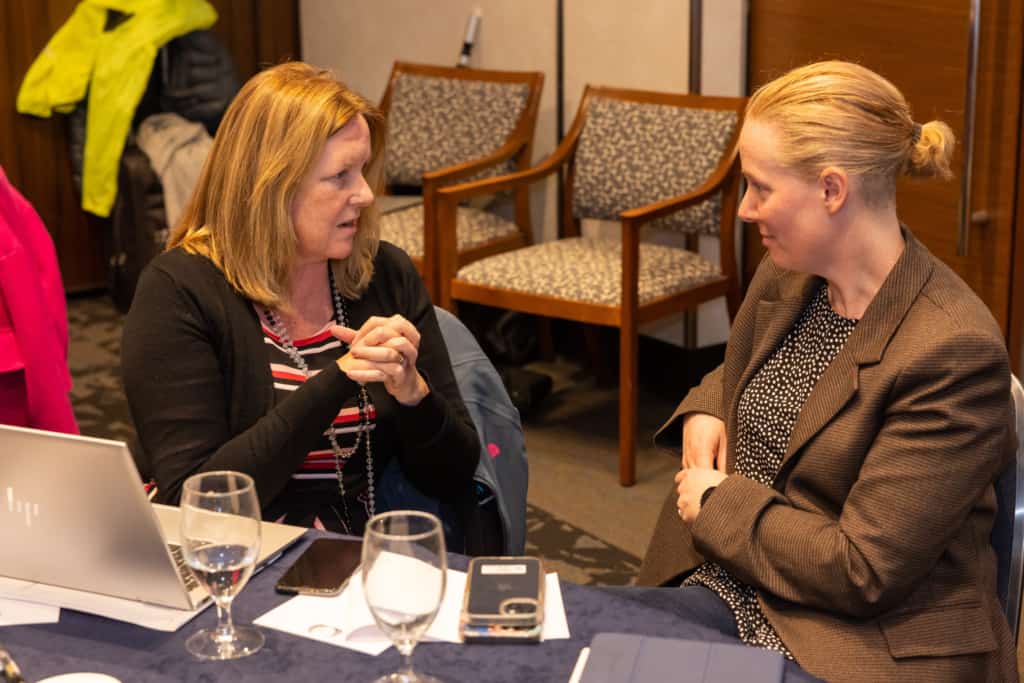

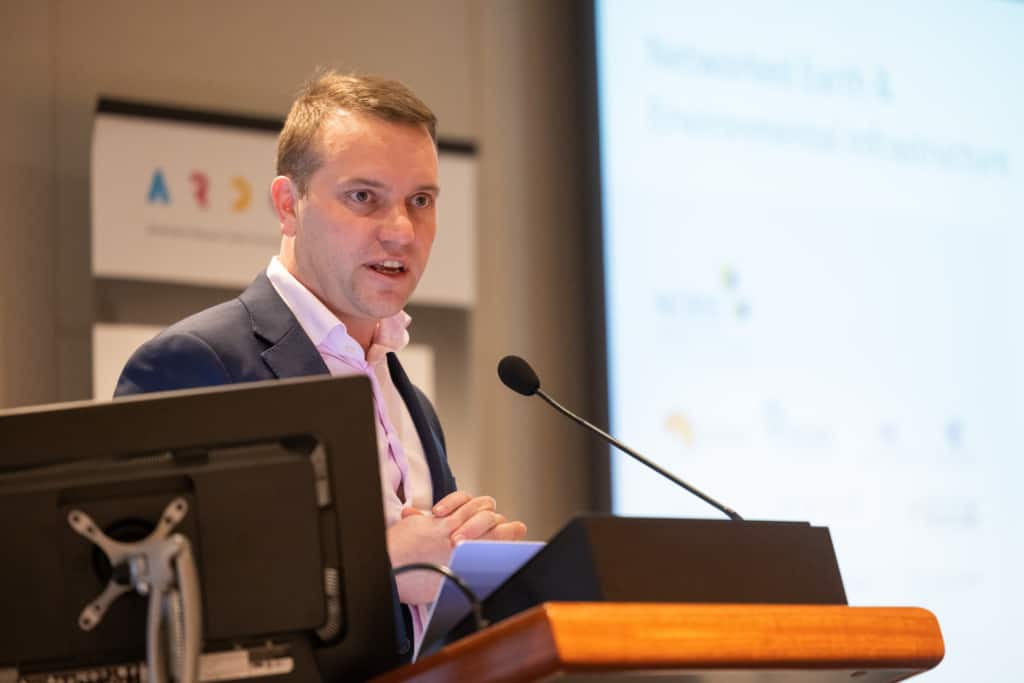
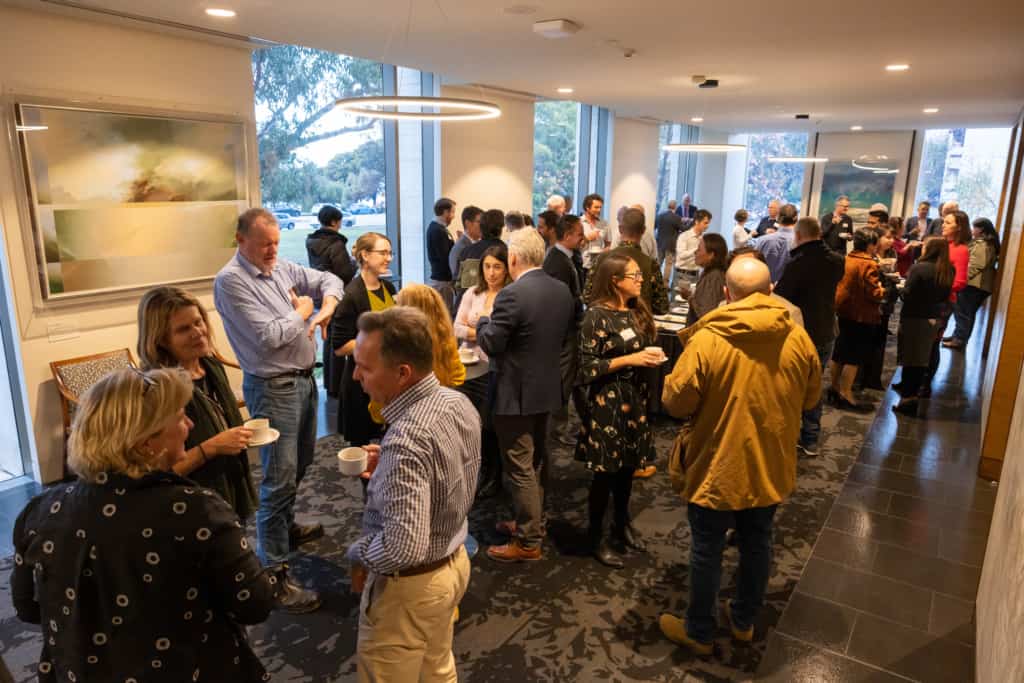
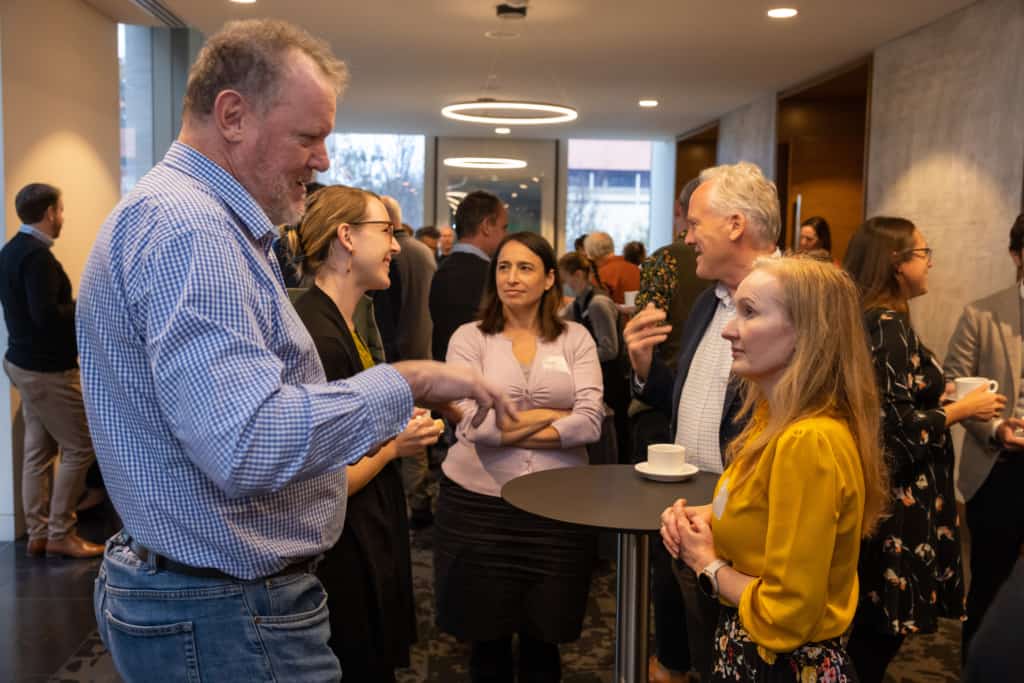
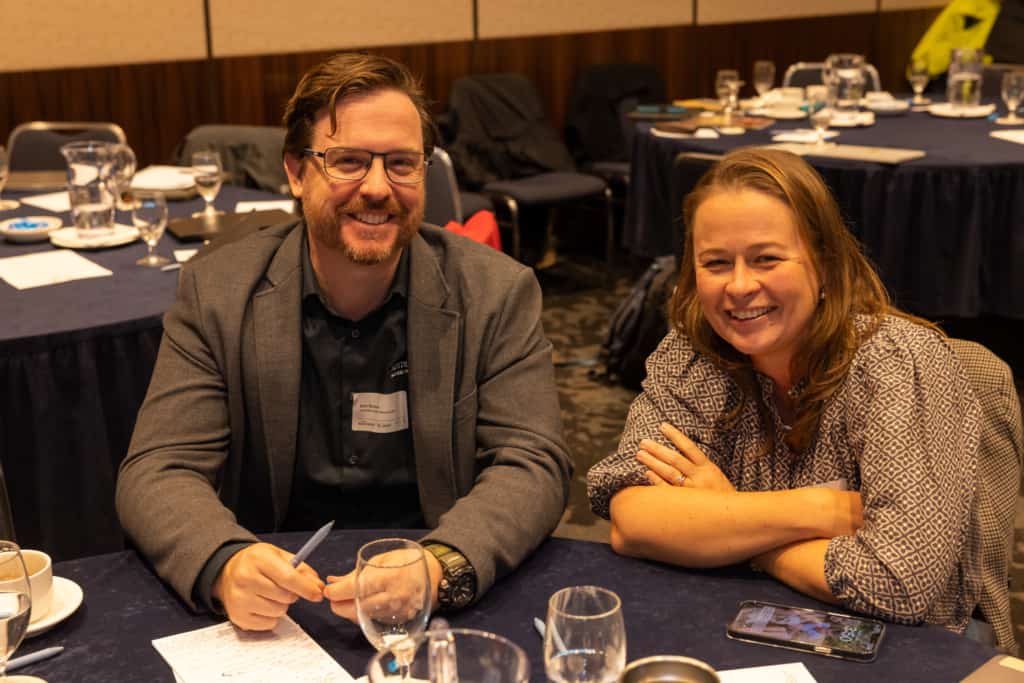
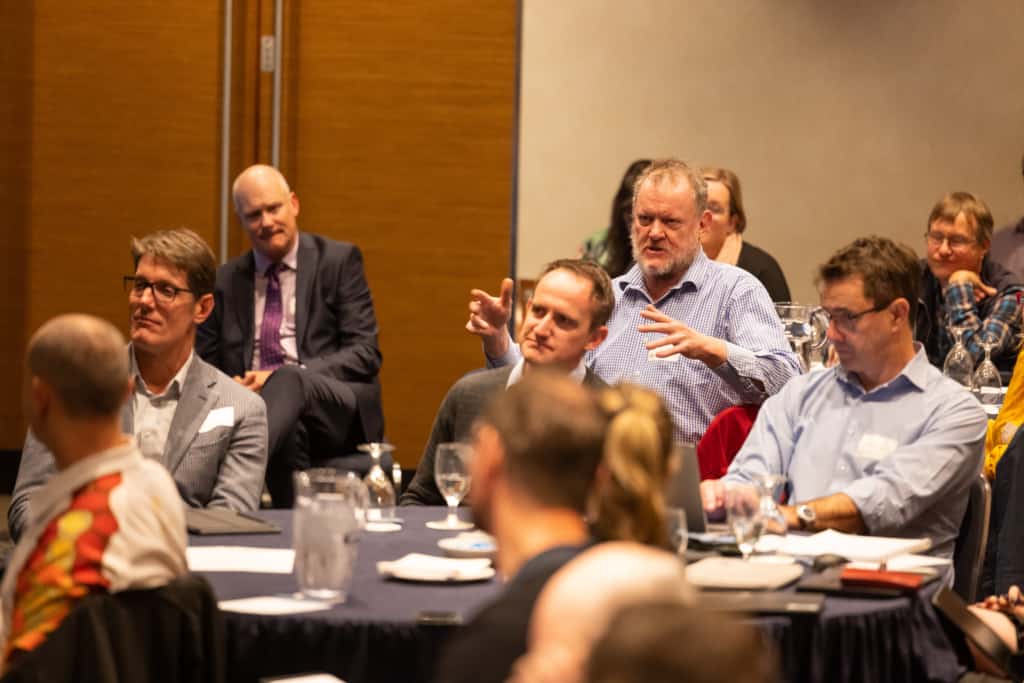
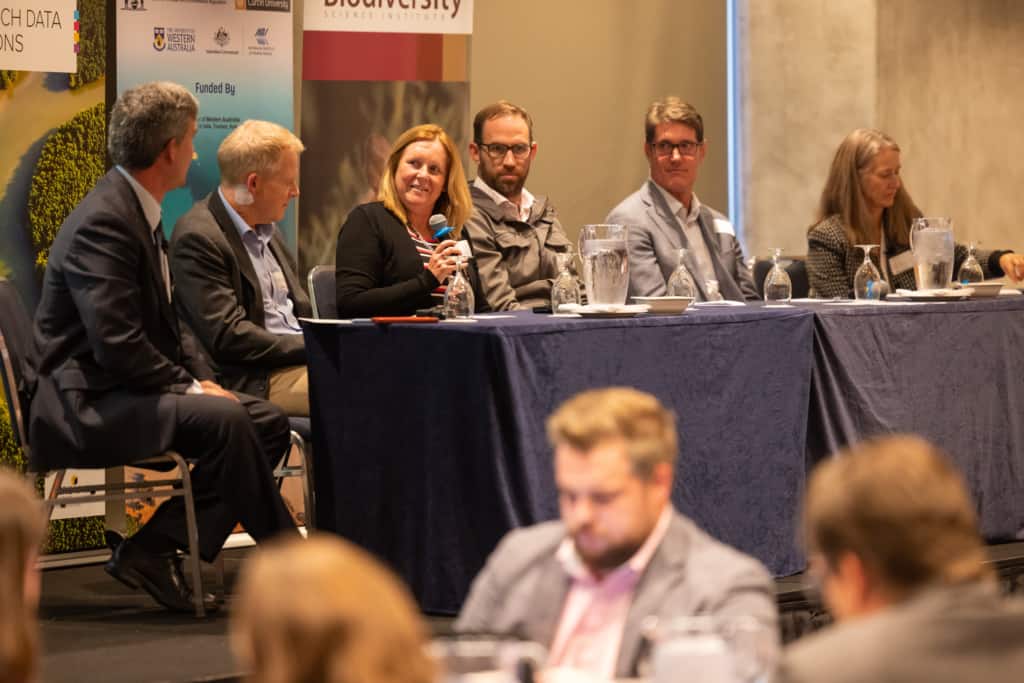
The ARDC is funded through the National Collaborative Research Infrastructure Strategy (NCRIS) to support national digital research infrastructure for Australian researchers.